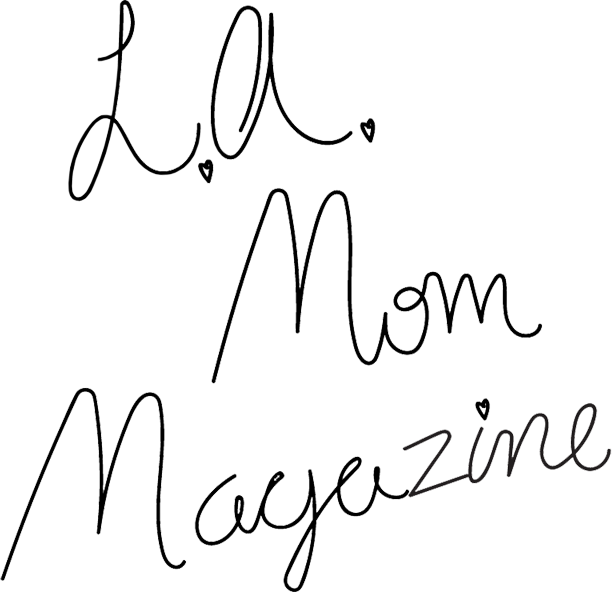By Peter S. Waldstein, M.D., F.A.A.P and Julia A. White, M.D., F.A.A.P
 Getting your children caught up on vaccines before school is extremely important. Starting last year, adolescent vaccinations came into the spotlight with the new requirement for all 7th graders to be up to date on the Tdap (Tetanus and Pertussis) vaccine after the large pertussis outbreak in 2010. There are other vaccines that adolescents should have as well, including the meningococcal vaccine (Menactra or Menveo).
Getting your children caught up on vaccines before school is extremely important. Starting last year, adolescent vaccinations came into the spotlight with the new requirement for all 7th graders to be up to date on the Tdap (Tetanus and Pertussis) vaccine after the large pertussis outbreak in 2010. There are other vaccines that adolescents should have as well, including the meningococcal vaccine (Menactra or Menveo).
What is Meningococcal Disease?
A bacteria called Neisseria meningitidis can cause serious infection in the form of septicemia, meningococcemia and meningococcal meningitis. Meningococcemia is an infection of the blood with this bacteria. Its symptoms include fever and a non-blanching rash which progresses to bruising and sepsis. Meningitis is an infection of the meninges which is the lining surrounding the brain and spinal cord. It can be caused by different types of bacteria and by viruses. Meningitis caused by Neisseria meningitidis causes a severe type of meningitis that progresses quickly and can be fatal even with treatment. Its symptoms include initial fever and headache progressing to neck stiffness, altered mental status, and possibly seizures. Both are very serious infections. It is a highly contagious bacteria, and can be spread via respiratory droplets and contact with nasal secretions.
 Who is at highest risk?
Who is at highest risk?
Meningococcal meningitis is the most common type of bacterial meningitis in children between the ages of 2 and 18. A peak of cases occurs in adolescent and young adults, however, making it the target population at this time for vaccination. It tends to occur in outbreaks as it is highly contagious – particularly in situations with close living quarters such as college dormitories. Others at higher risk include those with certain medical conditions such as an immunodeficiency, those without a functioning spleen, and those with travel to endemic areas with outbreaks in subsaharan Africa.
What is the suggested vaccination schedule?
The Advisory Committee of Immunization Practice (ACIP) of the Centers for Disease Control and Prevention along with the American Academy of Pediatrics (AAP) recommend that all children get vaccinated with the meningococcal vaccine (MCV4) which protects against 4 strains of Neisseria meningitidis (strains A, C, Y, W-135). The first vaccine should be given at age 11-12, and the second at age 16 (or 5 years after the first dose). The MCV4 vaccine can be given to children down to age 2 for those at higher risk.
Be sure your child is up to date on all vaccinations, and ask your pediatrician regarding questions on meningococcal disease and your child’s risk.
Dr. Peter S. Waldstein is a Clinical Assistant Professor of Pediatrics at UCLA. Dr. White and Dr. Waldstein are both Attending Physicians at Cedars Sinai Medical Center with a private practice in Beverly Hills.
